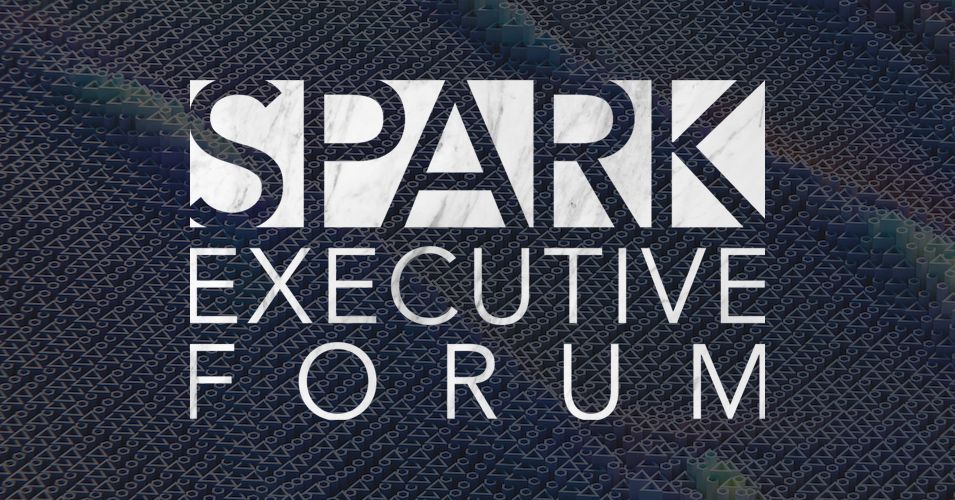The Coming Microsoft Price Increase
An Interview with Joshua Osborne
Joshua Osborne is a seasoned enterprise software licensing veteran who has spent his career focused on solving large, complex and challenging software issues for enterprise organizations. Through his 19 years previous experience with organizations like Dell, Microsoft and NPI, he works with clients to construct market-leading software and service agreements, develop and implement SAM strategies, execute software portfolio optimization and deliver audit defense services.
Joshua, can you provide a quick background and overview of the pending Microsoft price increase?
Osborne: This is the first major "across the board" price increase that Microsoft has done in the history of their software as a service platform. For Microsoft 365 specifically, they originally released the product for a penny way back in the day when they called it Business Productivity Online Suite (BPOS). Not everyone was a huge fan of the name, and it moved to 365 branding. But, this is a really big deal. Prices are going up in March 2022 anywhere from 10 to 20%, and this will be hugely impactful at enterprise scale. a lot of this probably has to do with eroding discounts, you know they tend to discount pretty heavily as we've seen over the years. When we look at the history again, that penny skew incentivizes customers to buy into it. Then they tend to roll discounts back and raise the price. So if they have to discount, it gets it back to the target price they originally intended.
What's driving the increase?
Osborne: The drivers for the increase are twofold. First and foremost, profitability and eroding discounts. They tend to discount heavily as we've seen over the years, but then roll these discounts back. We see this often when renewals come around, and the initial offer from Microsoft will typically try to repackage or outright reduce current discount levels. This is a focus on getting back to targeted pricing and profitability, and it makes commercial .
Second, Microsoft invests heavily in R&D and makes acquisitions at a rapid pace, and they want to maximize their return. They have made huge investments in communication and collaboration services, which over the past two years has exploded with COVID and remote work environments providing a healthy uptick in revenue. But Microsoft has also been a leader in security and compliance, and they've invested heavily in that space as well. Given the dynamics of the past two years and the level of capital spent on acquisitions and R&D, this move is all about maximizing ROI.
In the productivity suite space, it's often debated if Microsoft has any viable competition, specifically from Google. Over the past 12 months, we've seen more and more customers interested in at least exploring G Suite. What are your thoughts on how the two stack up, and the trend to look at alternatives to Microsoft?
Osborne: We've seen a lot of customers take a second look at Google, specifically Google Workspace in comparison to Office 365. There's a lot of concern about how Google treats their information security, and they have substantially upgraded and modernized their approach. Both Microsoft and Google have been keen on upping their game in protecting a client's information, and that's a first gate where most customers have issues with Google. Google's model has traditionally required supplemental offerings to satisfy requirements in this space, which has traditionally disadvantaged them in terms of completeness and seamlessness of the integrated suite. End users want a consistent, bundled experience, and Google has made significant strides in this area.
It's also interesting to note that Google has been aggressively recruiting Microsoft technology specialists and sales people over the past 12 months, and we've seen this from an engagement perspective directly with some of our clients.
Let's get to the punchline. If I'm responsible for procuring or managing the Microsoft estate, what should I be doing right now to prepare and mitigate risks related to the price increase?
Osborne: My first recommendation is hopefully obvious, and that's take action right now. Doing nothing and waiting for a renewal or notice will drastically decrease your leverage, and almost guarantee a less-than-favorable financial outcome. Taking action now involves several components including a comprehensive commercial agreement assessment, building a refreshed inventory of licensing and entitlements, and executing an internal audit. This is a great opportunity to develop a strategy to mitigate the increase, but to also take stock and optimize your Microsoft estate. We are executing all three of these initiatives right now with customers proactively, given the looming price increase. Never squander a good crisis!
Education is also key. Microsoft has a large, complicated set of products and services, and it's difficult to know what's truly possible without intimate, real-time insights and access. This is exactly why companies leverage Yates for Microsoft and other major publisher initiatives.
Finally, I would also encourage companies to take a second look at Google if they haven't done so recently. There may be some fear, uncertainty and doubt about their platform from previous evaluations, but they have made incredible strides in their offering. It's good due diligence and hygiene to evaluate alternatives - and for some the effort will expose Google is a real platform to consider.
Want to connect with Joshua? Get in touch with us below to schedule a briefing.















